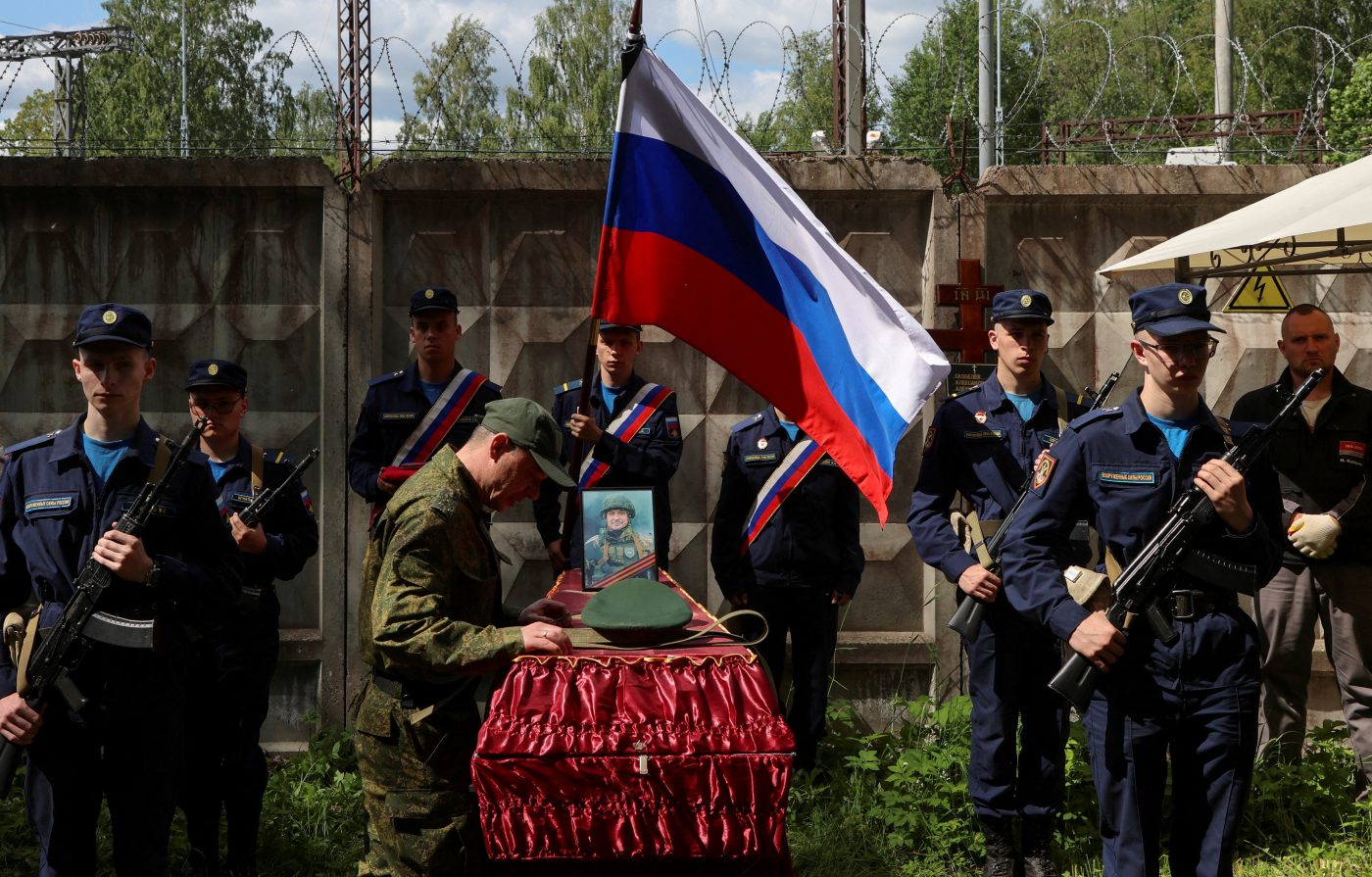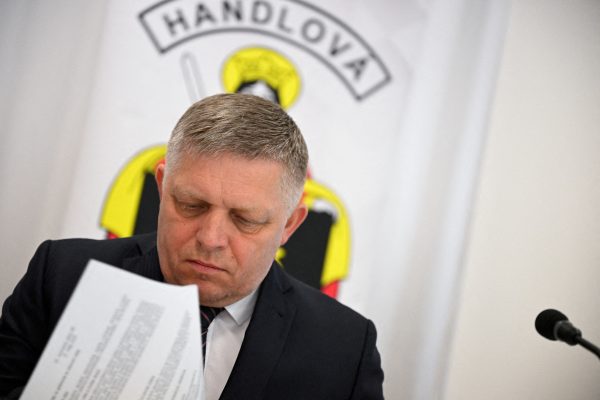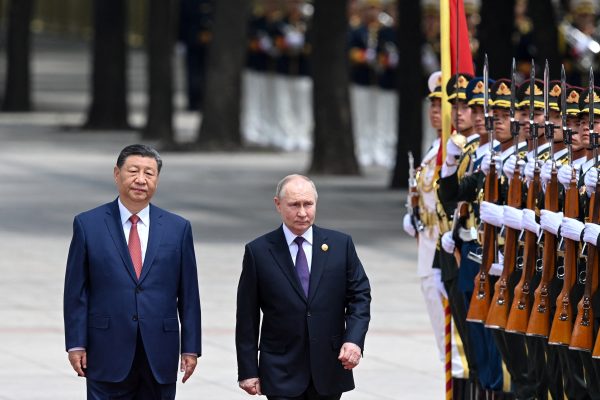There are various ways to describe Russian public consciousness: split consciousness or even schizophrenic consciousness.
Regardless of the terminology, the concepts encompass the same idea – a simultaneous acceptance, by a significant portion of Russian society, of multiple contradictory beliefs, facts, and explanations. This is particularly evident in how people view the war against Ukraine, its causes, and future development. On this — and other issues — official propaganda is in direct conflict with the everyday experiences of Russian citizens. Monthly sociological monitoring called The Mirror of Russia (which is Kyiv-based, but polls in Russia) shines a light on various aspects of this.
The first wave of the all-Russian sociological survey conducted in December 2022 provided striking examples of this state of split consciousness in respondents’ answers. Subsequent monthly updates only added more instances of this phenomenon as additional questions were introduced, and the focus of analysis shifted.
In every nationwide survey, when asked about the direction in which things are heading in the Russian Federation, up to 69% of respondents indicated that they believe things are certainly or mostly moving in the right direction.
At the same time, one of the primary concerns for a considerable majority of Russians is what the regime calls the special military operation (SMO), its euphemism for the war against Ukraine.
Russians consider this conflict a key and pressing issue, on both a personal and national level. Unlike financial problems, the quality of medical services, or the condition of roads, the war is viewed as a new and artificially created problem. They express concern over this, and yet they believe their country is moving in the right direction.
Furthermore, in December 2022, 73% of Russians stated feeling optimistic about the future of the Russian Federation, and their own futures. However, even at that time, nearly 60% had relatives, friends, or acquaintances who had recently been mobilized, and a third of those had already experienced losses due to combat. This creates a direct conflict between official propaganda and the direct life experiences of the respondents.
Similarly, when respondents were asked about the mass mobilization in Russia in the fall of 2022, some 61% believed that partial mobilization had been the right course of action.
Despite this, Russians considered the mobilization unfair, as it predominantly affected citizens with limited social ties (the children of wealthy Russians rarely serve on the frontline, and tens of thousands of young men have escaped abroad).
Another example of split consciousness was evident in responses regarding support for a potential general mobilization in Russia: 58% of Russians stated they would support such a decision, but 60% believed that even during the partial mobilization, the soldiers were not adequately equipped.
By the anniversary of the full-scale war in February 2023, over half of Russians deemed the start of the SMO as the right decision. Even so, an average of 70% of respondents in each survey said they would be happy to see it end tomorrow.
There are more examples of split consciousness within Russian society documented in monthly nationwide surveys by the Institute for Conflict Studies and Analysis of Russia (IKAR).
For instance, three-quarters of Russians claimed to know the goals of Russia’s war. However, when we presented various options in the survey as to what the goals were, none garnered more than 39% of the respondents’ support, and more often, not even 8-9%.
Such contradictions between propaganda and personal experience, coupled with the inability of official interpretations to explain aspects of the war, are indeed numerous. Nevertheless, at this stage, these apparent conflicts do not completely supplant one another. The contradiction between the propaganda narrative and the official policy’s reality is not an insurmountable problem. Instead, the two contradictory facts are accepted as given, resulting in a permanent dissonance that permeates public consciousness.
The ability of the majority of citizens to accept official interpretations without opposing them with their own personal experience is a common thread throughout Russian society’s socio-political processes, shaping its present and future.
Split public consciousness forms the foundation for implementing nearly any decision by the Russian regime. Under such circumstances, logical justification is almost unnecessary. The direct consequence of split consciousness is the triumph of post-truth, the devaluation of alternative opinions, and the erosion of moral reference points.
Dr. Oleksandr Shulga is the head of the Institute for Conflict Studies and Analysis of Russia (IKAR), the only institution in Ukraine conducting monthly sociological monitoring in Russia. He possesses 16 years of advanced experience in the field of quantitative and qualitative sociological research. During these years, Dr. Shulga was engaged as a supervisor, consultant, or expert to carry out various studies, including areas of potential risk of escalating tensions and instability.
Europe’s Edge is CEPA’s online journal covering critical topics on the foreign policy docket across Europe and North America. All opinions are those of the author and do not necessarily represent the position or views of the institutions they represent or the Center for European Policy Analysis.





